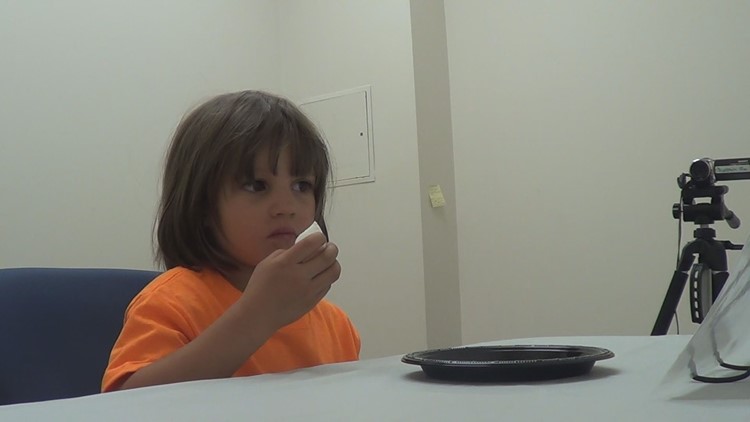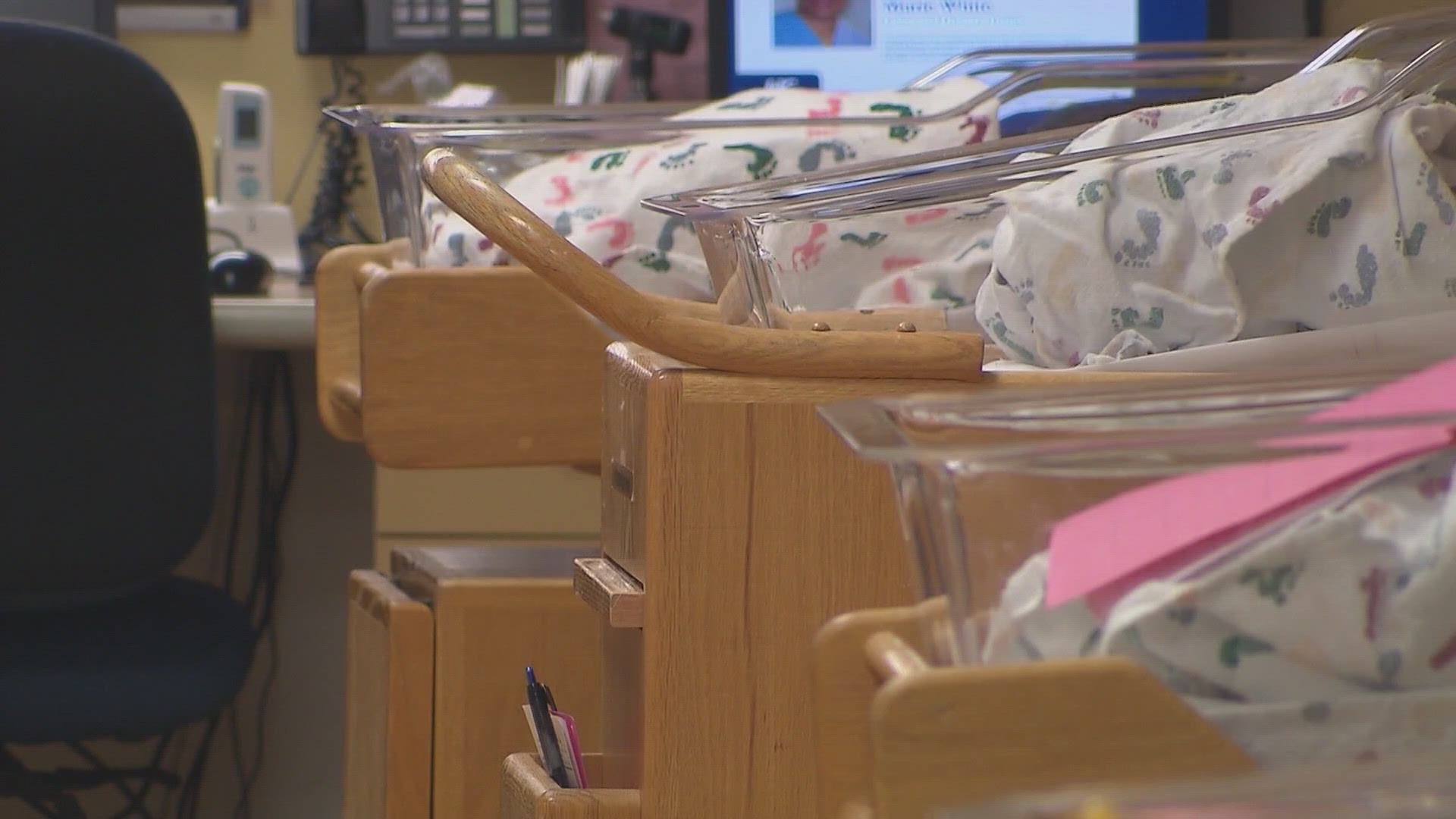Is self control a personality trait that someone is born with, or one that is learned?
Researchers at University of Colorado Boulder set out to explore that question. They found that self-control is shaped by many forces, including early learning experiences and the behaviors of their social groups.
“A lot of research that focuses on self-control tends to treat it like it’s a stable trait,” said Sabine Doebel, lead study author and a postdoctoral researcher in the Department of Psychology and Neuroscience.
Doebel and co-author Yuko Munakata, a psychology professor at CU Boulder’s Institute of Cognitive Science, recruited 100 Colorado preschoolers for the “marshmallow test,” which they said is a classic test of self-control.
Each child entered a room where a marshmallow and colored T-shirt were waiting for them. The researcher told the child that other kids in that same colored shirt were in their group, or the “in-group,” and kids with the other color was the “out-group.”
Then, the child was given a choice: They could eat one marshmallow now, or they could choose to wait until the researcher went to get more, and they would receive two.
“So of course kids want to wait because they want two marshmallows,” Doebel said.
One group was told the other kids in their group waited, and that the children in the “out-group” didn’t wait. The researchers left them in the room for up to 15 minutes to see what they would do.
According to Doebel, they found that the kids who were told their group waited were able to wait longer.
In a second experiment, the children were shown photos of other children not affiliated with any group and were told whether those kids waited or didn’t wait. When asked who they would rather play with, the kids in the in-group that waited had picked the other children who waited.
“So that showed they weren’t just copying their group. This changed how they felt about self-control,” Doebel said.
The kids who participated in the study were between three and five years old. Doebel said they focused on this age group because it’s a time of dramatic changes in both their social learning and also in their development of self-control.
“If we start intervening with children then, there may be a chance you could shape that developmental trajectory,” Doebel said.
She added childhood self-control practices can predict outcomes later in life, such as money management, health and academic success.
Of course, the marshmallow test is not a determinant of a child’s behavior throughout their whole life, but it does show that childhood social groups can shape self-control abilities, Doebel said.
“One day a kid might come in and they might just be particularly hungry, or they really like marshmallows so they’re going to wait,” Doebel said.
Given the findings, Doebel recommended that parents introduce their kids to more role models that demonstrate self-control.
“This is something we do with children, but it also reinforces other findings that people in general tend to be better at using self-control when their friends are also using self-control,” she said.
The study is published in the journal Psychological Science.



